HM Amit Shah moves Citizenship Bill in RS, says Indian Muslims 'were, are and will remain' Indians
Wed 11 Dec 2019, 16:26:14
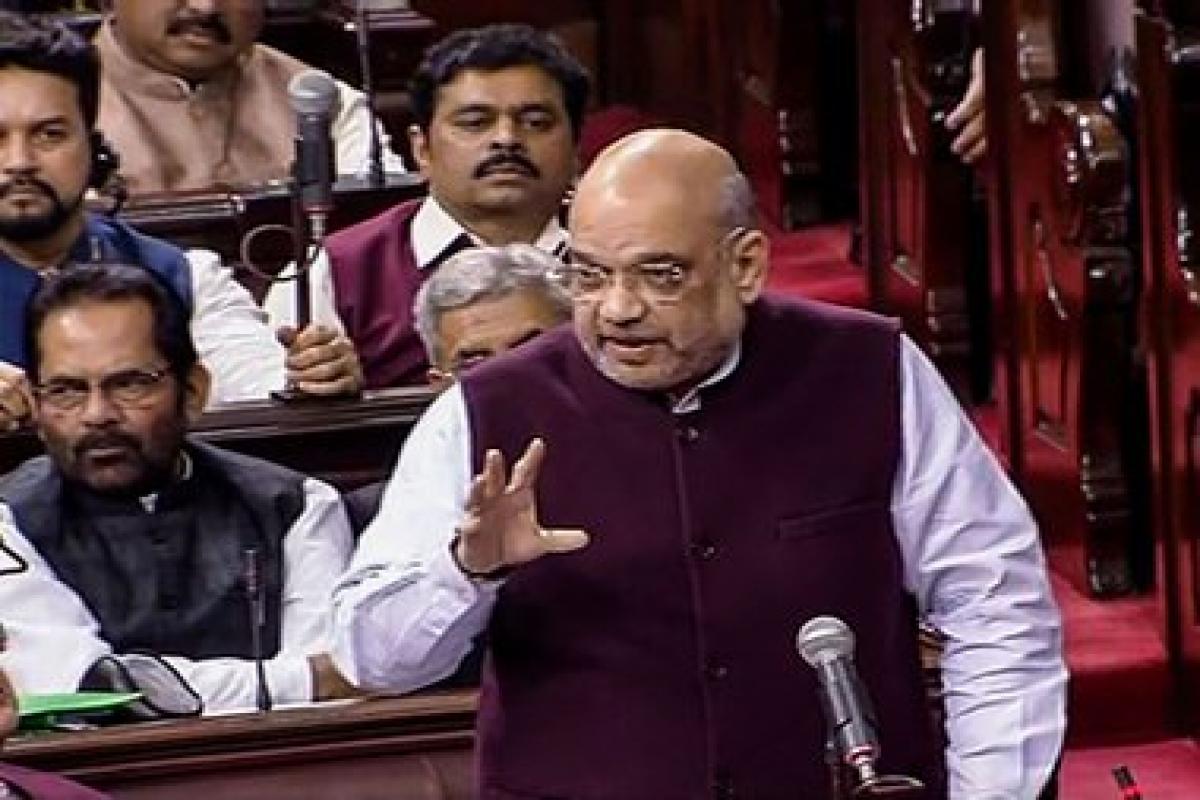
Home Minister Amit Shah on Wednesday moved the controversial Citizenship (Amendment) Bill in the Rajya Sabha, saying Indian Muslims "were, are and will remain Indian citizens".
Moving the bill that provides Indian citizenship to non-Muslim migrants from Pakistan, Bangladesh and Afghanistan, Shah said minorities in the three nations do not get equal rights.
The population of minorities in these countries has reduced by as much as 20 per cent, either by way of elimination or because they migrated to India, he said, adding that these migrants did not get rights to jobs and education.
The bill provides citizenship to these persecuted minorities, Shah said.
The legislation, which allows citizenship for Hindus, Sikhs, Buddhists, Jains, Parsis, and Christians who illegally migrated to India from Afghanistan, Bangladesh, and Pakistan, was passed by Lok Sabha on Monday.
Several MPs of opposition parties moved a motion to send the bill to the select committee of the Upper House.
The bill and the opposition motion will be put to vote after a debate on it.
Shah rejected the charge of vote bank politics, saying the BJP had declared its intention to bring such a legislation in its election manifesto for the 2019 general election and won the people's approval.
He said Indian Muslims have nothing to worry
about as they "were, are and will remain Indian citizens".
about as they "were, are and will remain Indian citizens".
Non-Muslim minorities from three nations who came to India after Independence will be given Indian citizenship, the home minister said, adding that Muslim migrants from the world over cannot be given citizenship.
The BJP government will protect the interests of Assamese, Shah said.
Rajya Sabha TV briefly stopped the telecast of proceedings when opposition members heckled Shah over his claims of protecting Assamese interests.
The bill, which prevents Muslim migrants from neighbouring countries from receiving citizenship, has sparked protests and fear around the country.
The citizenship law goes hand in hand with a contentious programme that began in Assam this year -- all 3.3 crore residents of the state had to prove, with documentary evidence, that they or their ancestors were Indian citizens. About 20 lakh people were left off the state's citizenship rolls after that exercise.
This is the second attempt by the Modi government to amend the citizenship law. In January, the legislation was passed in the lower house but lapsed as the Rajya Sabha didn't take it up before dissolution of the 15th Lok Sabha.
A group of 900 scientists and scholars issued a joint statement against it saying use of religion as a legal criterion for determining Indian citizenship is disturbing.
No Comments For This Post, Be first to write a Comment.
Most viewed from National
Most viewed from World
AIMIM News
Delhi Assembly polls: Owaisi leads Padyatra in Okhla
Feb 01, 2025
We reject this Waqf Amendment Bill: Asaduddin Owaisi
Jan 30, 2025
Latest Urdu News
Most Viewed
May 26, 2020
Which team will win the ICC Men's Champions Trophy 2025 held in Pakistan/Dubai?
Latest Videos View All
Like Us
Home
About Us
Advertise With Us
All Polls
Epaper Archives
Privacy Policy
Contact Us
Download Etemaad App
© 2025 Etemaad Daily News, All Rights Reserved.

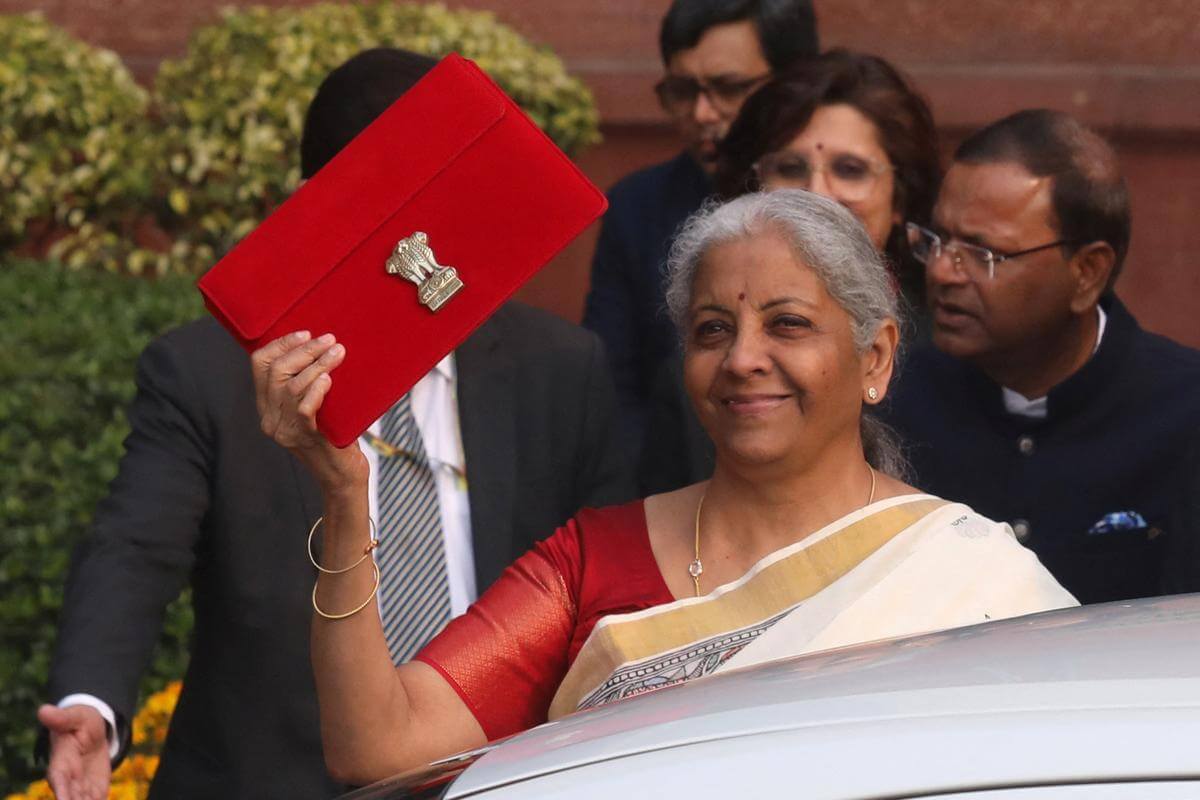
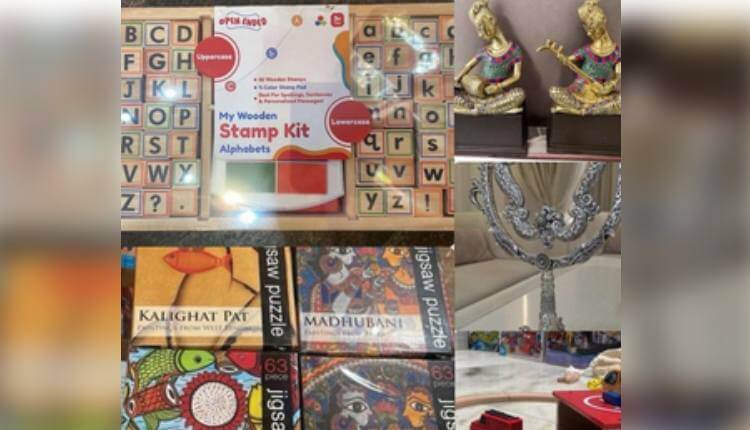
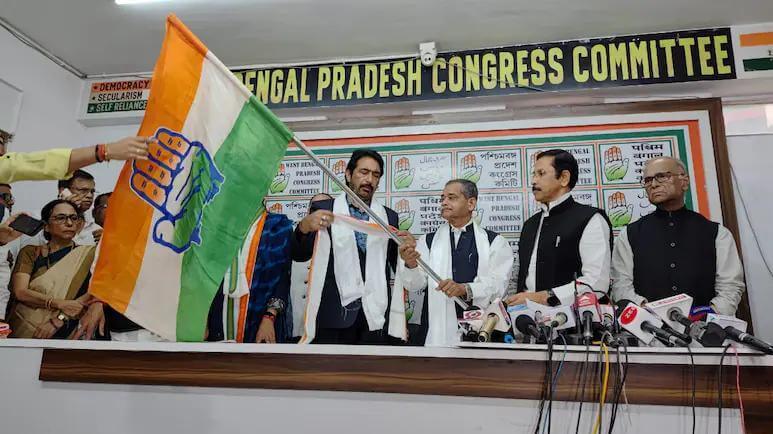
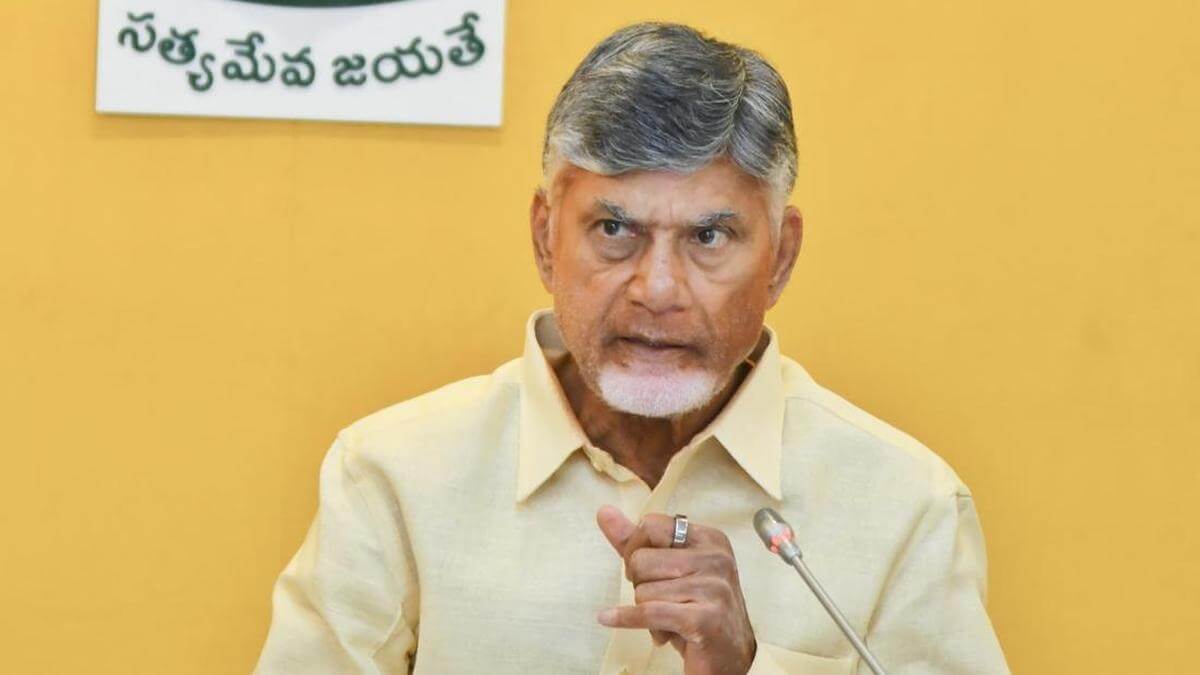
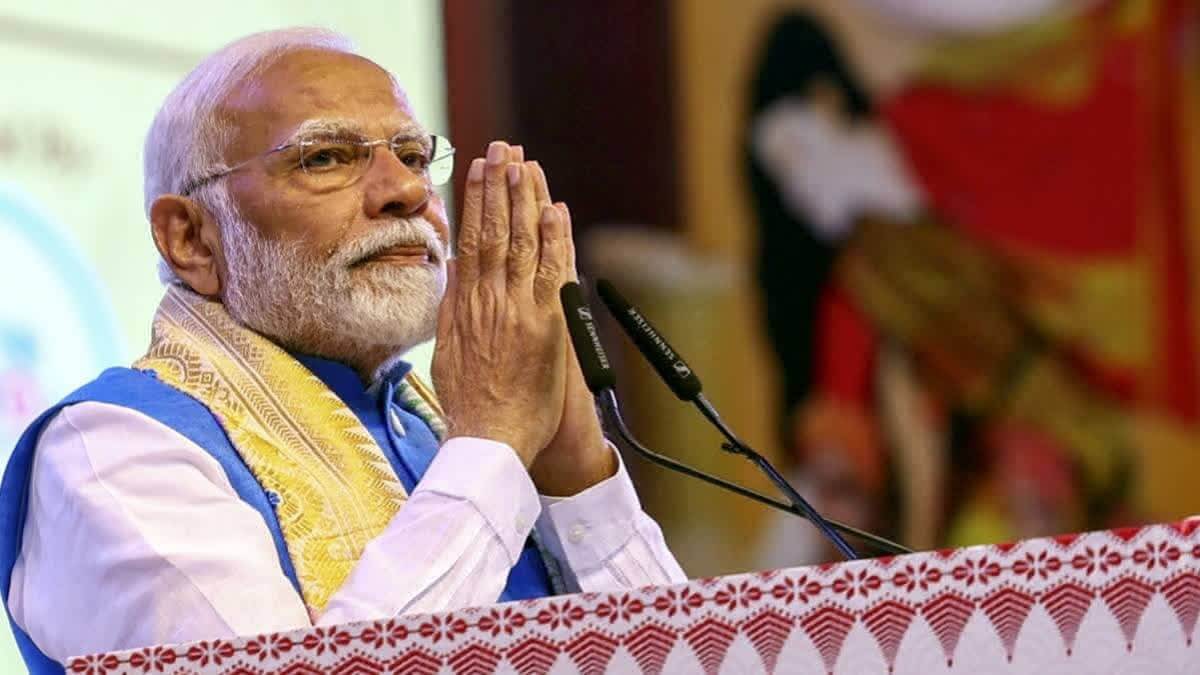
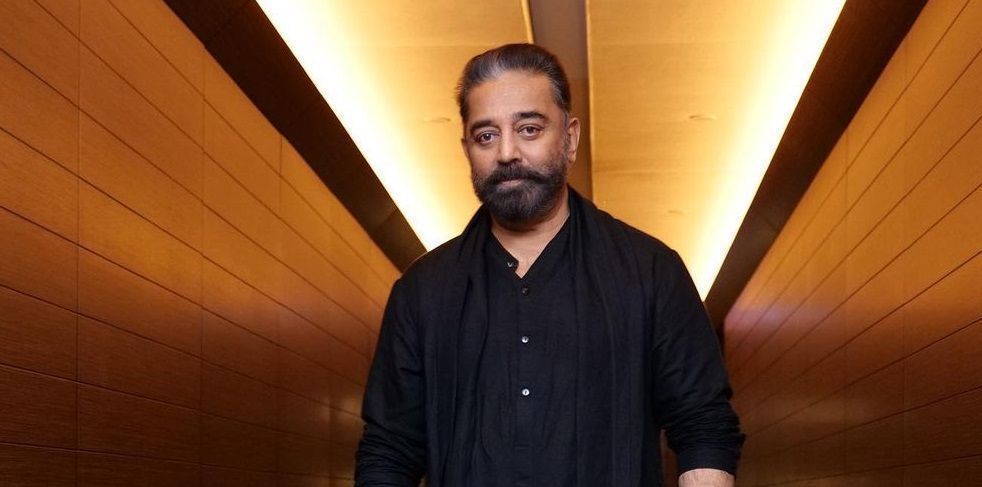
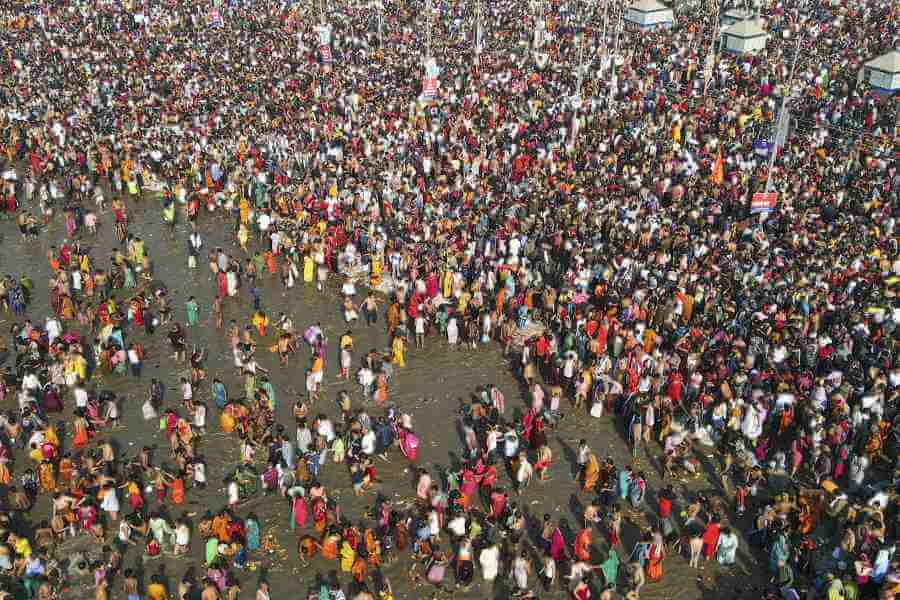
.jpg)
.jpg)
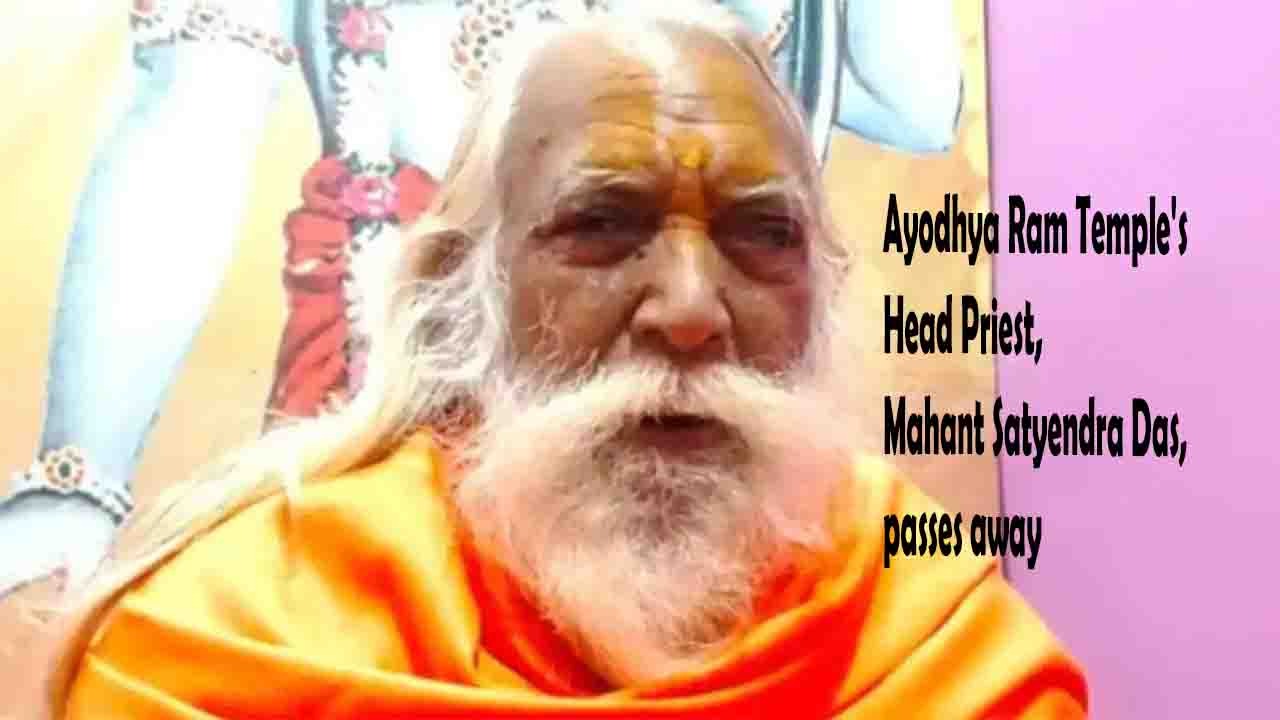
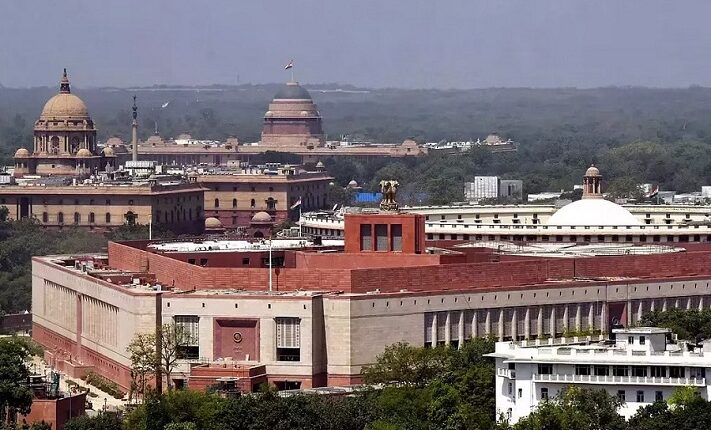
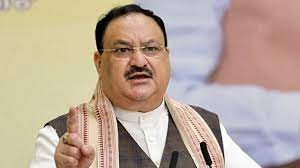

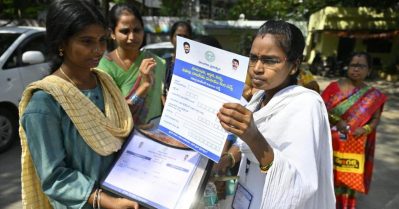
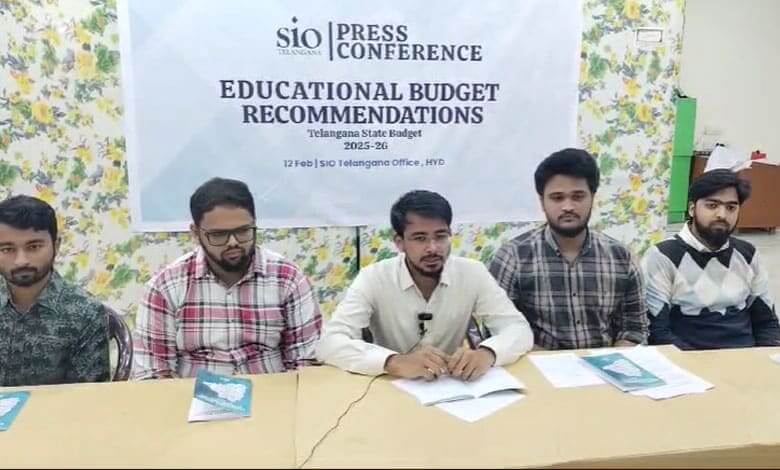

.jpg)
.jpg)
.jpg)
.jpg)
.jpg)
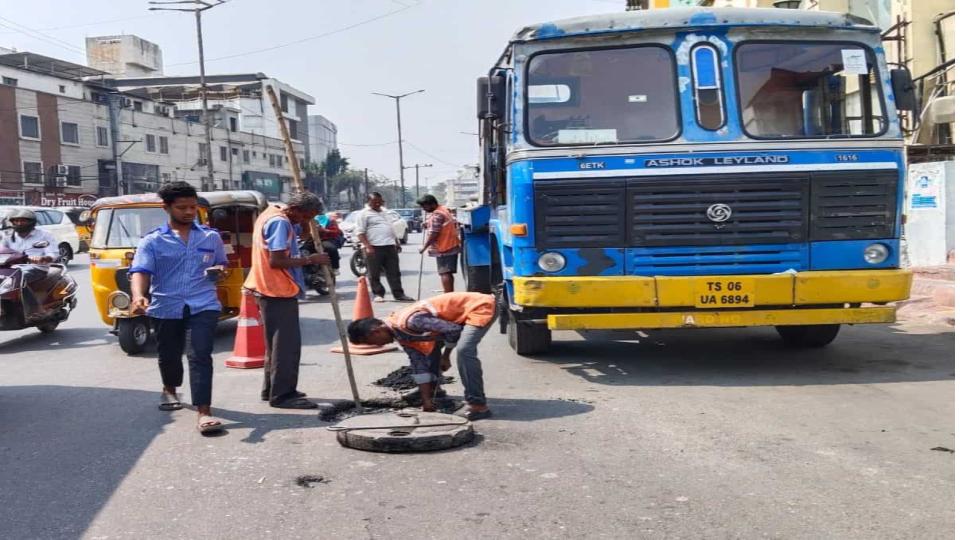
.jpg)
.jpg)

















